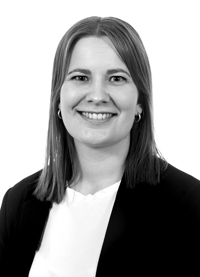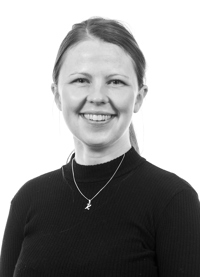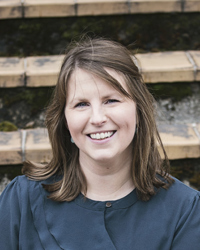PROM for patients with late effects of cancer and cancer treatment
It is estimated that over 50% of cancer survivors in Denmark experience one or more physical, psychological, or social late effects after their cancer disease and/or treatment.
PROJECT PERIOD
Start: October 2023
End: July 2024
To address the need for identification and treatment of late effects, late effects clinics have been established at four hospitals in the Region of Southern Denmark. At these clinics, Patient Reported Outcome Measures (PROM) related to patients' late effects and quality of life are collected using the "Questionnaire Regarding Late Effects Following Cancer", which consists of the validated EORTC QLQ-SURV100 questionnaire. Patients complete the questionnaire prior to their initial consultation in the clinic, and the results are used to support and facilitate the dialogue between the patient and the clinician.
AIM
The purpose of the assessment was to describe the PROM solution and its use, drawing on the experiences of patients and healthcare staff at the late effects clinics at Hospital Soenderjylland and Odense University Hospital. The assessment utilised data from interviews with both patients and staff at these clinics.
RESULTS
The majority of patients found the questionnaire manageable and easy to complete. Some patients found it difficult to complete due to response categories, irrelevant questions, length, and the emotionally and cognitively challenging content.
All patients experienced that the questionnaire contained questions that were relevant to them. However, several patients also found that it contained questions perceived as irrelevant or sensitive, particularly concerning topics such as fertility, insurance and loans, health concerns, problem management, sexuality, and existential issues. Both patients and healthcare staff made suggestions for adjustments to either shorten or personalise the questionnaire, including the addition of background questions, grouping questions by subject, implementing screening questions, and tailoring the questionnaire based on factors such as cancer type or age.
Despite the scope and relevance of the questionnaire, both patients and healthcare staff identified late effects that the questionnaire did not address. Additionally, some patients experienced that the answer categories did not sufficiently cover their situation. Healthcare staff should be aware of these limitations when using the PROM solution to ensure a comprehensive and accurate assessment of the patient's condition.
The staff experienced high patient motivation in completing the questionnaire, which was also reflected in the high response rates in both clinics.
The PROM solution was generally considered as valuable by both patients and healthcare staff during the initial consultations at the late effects clinics. It contributed to improved preparation for both patients and staff and promoted more structured and qualified conversations with increased patient involvement. However, there is a need for special attention to the emotional impact of the questionnaire on patients, as well as comprehensive staff training on the use of the PROM solution to optimise its implementation.
PARTNERS
Late effects clinics at both Hospital Soenderjylland and Odense University Hospital as well as the PROM Organisation in the Region of Southern Denmark (SydPRO) participated in the assessment.
EXTERNAL FUNDING
The project was funded by the Region of Southern Denmark.

Linda Houlind Hansen
HTA Consultant
Odense University Hospital, Department of Clinical Development - Innovation, Research & HTA
(+45) 2023 8722 linda.houlind.hansen@rsyd.dk

Ida Wagner Josefsson
HTA Consultant
Odense University Hospital, Dept. of Clinical Development - Innovation, Research & HTA
(+45) 2466 9951 iws@rsyd.dk

Anne Mette Ølholm
Head of PROM
Centre for Innovative Medical Technology (CIMT). Odense University Hospital, Dept. of Clinical Development - Innovation, Research & HTA
(+45) 3046 0895 anne.mette.oelholm@rsyd.dk
